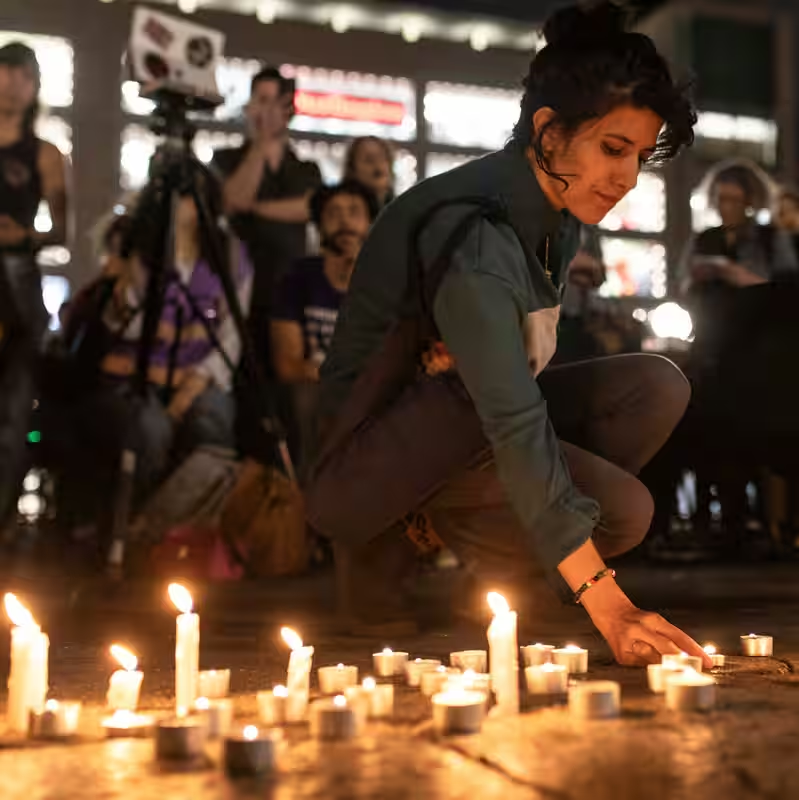Table of Contents
- A Generation Turns Away
- Why U.S. Support Matters
- The Polling Reality
- Israel’s Diplomatic Response
- Congressional Cracks and Campus Protests
- What Comes Next?
- Sources
A Generation Turns Away
For decades, Israel enjoyed near-universal support among Americans—especially in Congress and among older voters. But today, a stark generational divide is emerging, and Israeli officials are sounding alarms: the war in Gaza may have cost them an entire generation of U.S. public opinion.
Young Americans, in particular, are expressing deep discomfort with Israel’s military conduct. Campus protests, social media campaigns, and shifting political rhetoric reflect a broader unease—one that Israeli diplomats now admit could reshape the U.S.-Israel relationship for years to come.
Why U.S. Support Matters
The United States has long been Israel’s most crucial ally, providing over $3.8 billion annually in military aid and wielding its veto power at the United Nations to shield Israel from international censure.
But that support has always rested on a foundation of public goodwill. If that erodes—especially among future voters and leaders—the political calculus in Washington could shift dramatically.
The Polling Reality
Recent surveys paint a sobering picture for Israel:
| Demographic | Support for Israel’s War in Gaza |
|---|---|
| Adults 50+ | 58% |
| Adults 18–29 | 22% |
| Democrats under 30 | 14% |
| Overall U.S. Adults | 41% |
According to a September 2025 Pew Research Center poll, fewer than one in four Americans under 30 believe Israel is acting morally in its war against Hamas. Among young Democrats, that number drops to just 14%.
“It’s not just opposition to policy—it’s a moral reckoning,” said Dr. Maya Levin, a political sociologist at Georgetown. “For many young Americans, civilian casualties in Gaza have become a litmus test for ethical foreign policy.”
Israel’s Diplomatic Response
Recognizing the crisis, Israel’s Foreign Ministry has launched a quiet but urgent outreach campaign. Ambassadors are meeting with university leaders, faith groups, and local officials to explain Israel’s security rationale and counter what they call “misinformation” about civilian harm.
“We’re not asking for blind support,” said a senior Israeli diplomat who spoke on condition of anonymity. “We’re asking for understanding of the complexity—and for people to see us as more than just a military operation.”
Still, critics say Israel’s messaging remains defensive and fails to acknowledge Palestinian suffering in a way that resonates with younger audiences.
Congressional Cracks and Campus Protests
The shift isn’t just cultural—it’s political. In Congress, a growing bloc of progressive Democrats has begun questioning unconditional military aid. In April 2025, 37 House members voted against a $14 billion emergency aid package for Israel—the largest dissent in over a decade.
Meanwhile, college campuses have become flashpoints. From Columbia to UCLA, student encampments and teach-ins have drawn national attention, with some protests met by police intervention. These scenes, widely shared online, reinforce the perception of a deepening rift between U.S. youth and Israeli policy.
What Comes Next?
Israeli leaders face a tough choice: double down on military objectives or recalibrate their strategy to preserve long-term U.S. backing. Some analysts suggest a humanitarian pause or accelerated postwar planning for Gaza could help rebuild trust.
“The alliance isn’t broken—but it’s strained,” said Aaron David Miller, a former State Department Middle East negotiator. “If Israel wants to keep American support, it needs to show it’s not just fighting a war, but building a future.”
As the 2026 U.S. midterms approach—and with them, a new wave of young voters—the clock is ticking.




